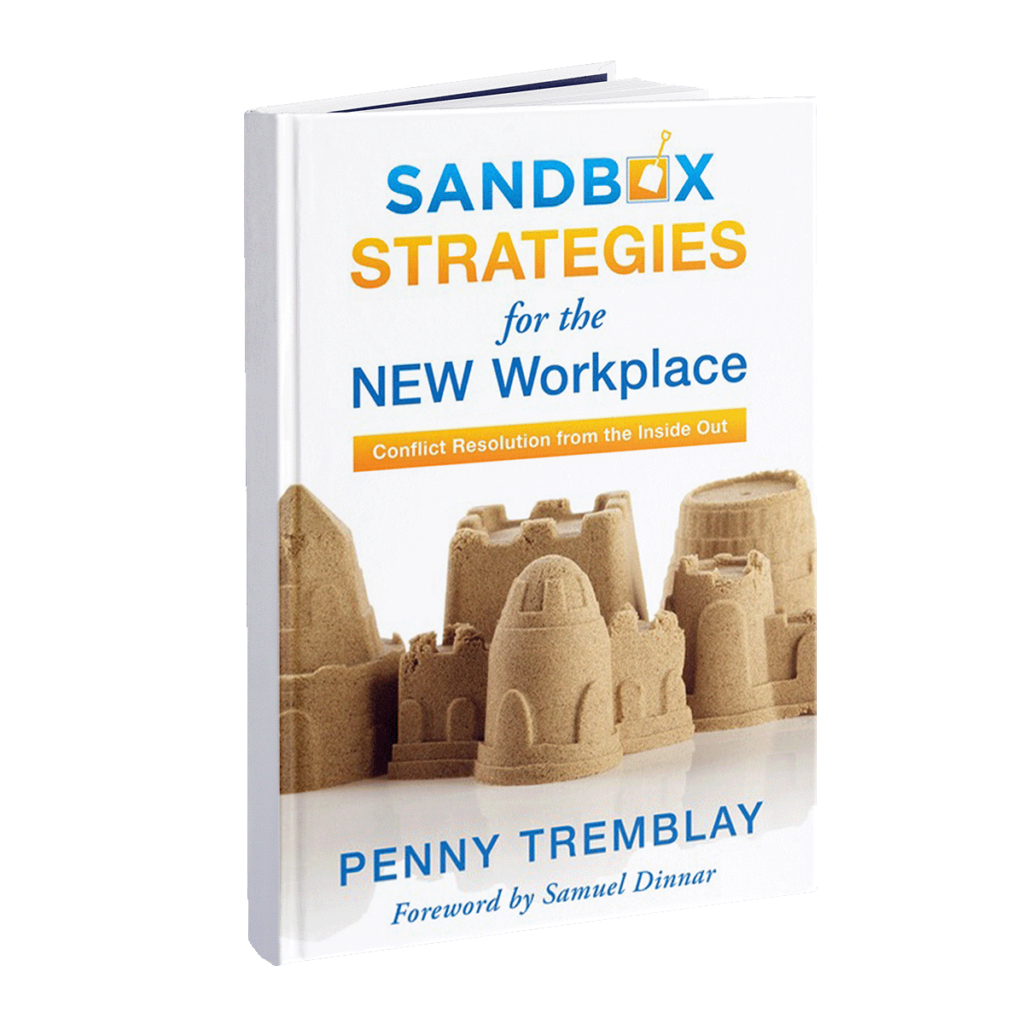Active listening, particularly through acknowledging and validating, plays a critical role in leadership, conflict resolution, and building strong workplace relationships. Effective leaders are not only good at listening, but they also incorporate acknowledgement and validation in their conversations, making others feel heard and valued. This skill helps leaders to resolve conflicts more efficiently by reducing tension and fostering trust.
How Do I Acknowledge?
When you acknowledge what someone has said, you are demonstrating that you have heard them. You are mirroring back or paraphrasing what you heard and hopefully doing so in a manner that shows you care. The agenda of the conversation doesn’t turn to you. Your feedback is just to clarify your listening
Acknowledgment statements could sound like this:
“What I heard you say is . . .”
“What I understand so far is . . .”
“Let me make sure I’m understanding what you are saying. . . .”
“Let me restate what I heard you say to make sure that I got it. . . .”
How Do I Validate?
In the workplace, validation strengthens relationships by showing empathy, which in turn, promotes collaboration and reduces misunderstandings. To validate means to recognize or affirm the validity or worth of a person’s feelings. The difference between acknowledging and validating is in the emphasis on their feelings. Without judgment (right or wrong) or agreement, validation just allows the person to release and gain some form of normalcy in their situation.
Validation statements might sound like this:
“I understand that you feel it wasn’t appropriate for me to ask that question.”
“You’re furious because he went above you to your manager rather than coming to you directly.”
In conflict resolution, acknowledging someone’s concerns shows you are engaged and willing to understand the root cause of the issue. Validation then helps de-escalate tensions by affirming that the person’s emotions are valid, regardless of whether you agree with their perspective. This approach can lead to more constructive outcomes, as it encourages open communication and mutual respect amongst the team and in your workplace.
In his book I Hear You, Michael Sorensen offers the benefits of validation to build extraordinary relationships. Effective validation can reduce frustration and fear, as well as enhance excitement in others. To be actively listening, you must do something more than just hear. You must say something. The difference between acknowledging and validating is in the outcome where the one talking will feel more than just heard.
Want to take your leadership communication to the next level? Consider Conflict Management training for your team, to build capacity for conflict resolution, with practical tips and tools that will help them become more effective, active listeners, and leaders in the organization. Let’s build peaceful and productive workplace relationships together.
With peace,
Penny

Learn the strategies that will help your team resolve conflict in the NEW workplace.
- Embrace, accept, and welcome conflicting values
- Understand the importance of collaborative relationships for career advancement
- Take responsibility to co-create a winning culture with productive and profitable results
- Empathize with coworkers and even competitors to be the leader others WANT to follow
Press Appearances:
- CEOWorld Magazine
- Blue Heron Journal
- Mareo McCracken
- EverydayMBA, Host: Kevin Craine
- Savvy Business
- Swimming in the Flood
- Get Down to Business
- HR.com Leadership Excellence
- Indian Management Magazine
- Crafting Solutions to Conflict
- Vantage Fit Podcast
- Stay tuned, more coming soon…



